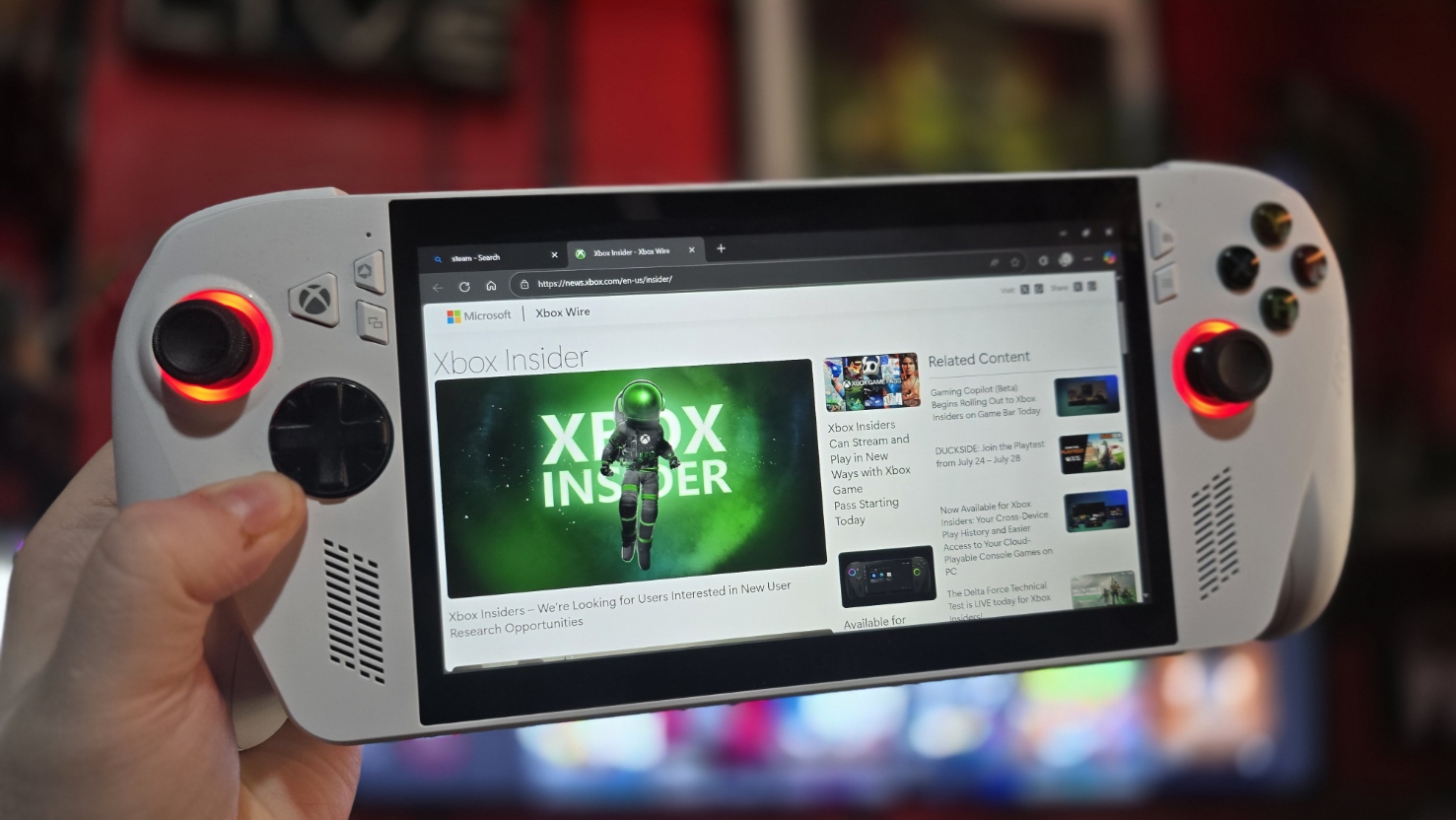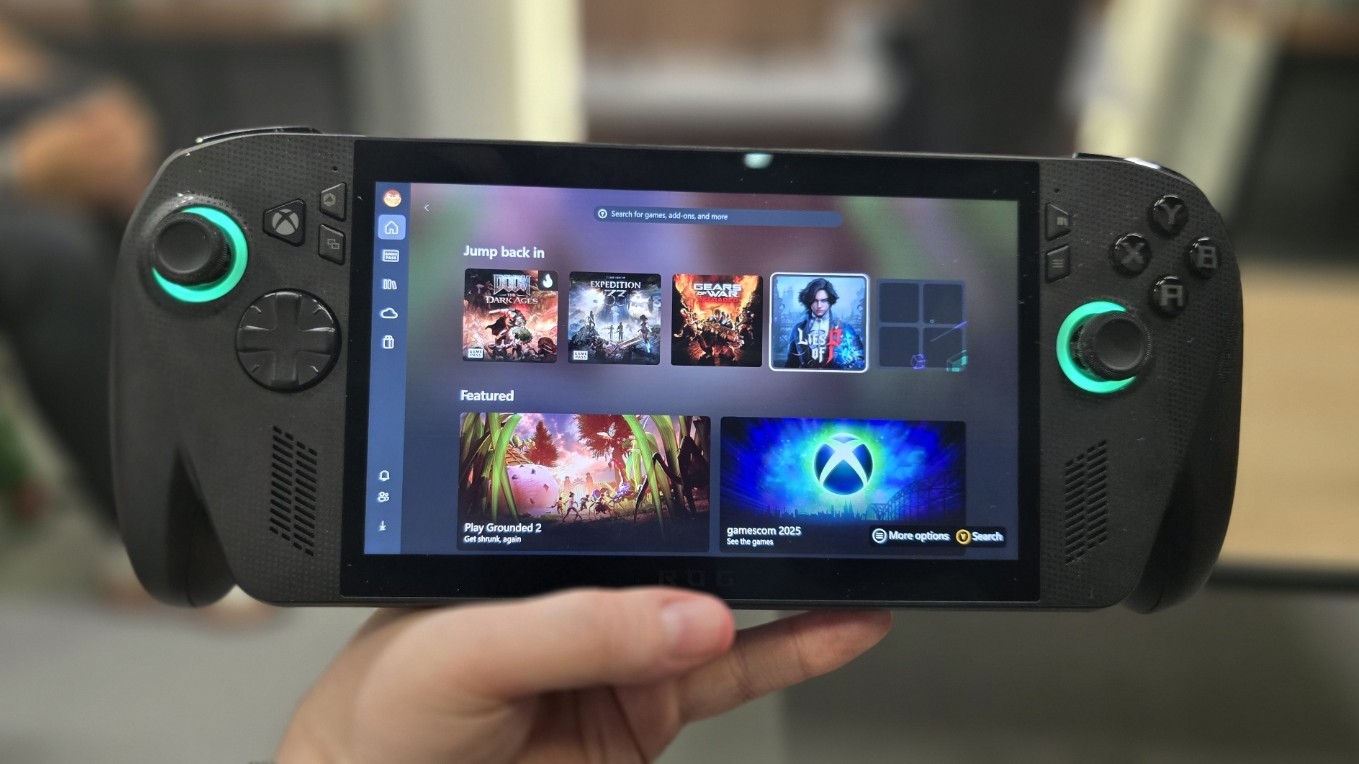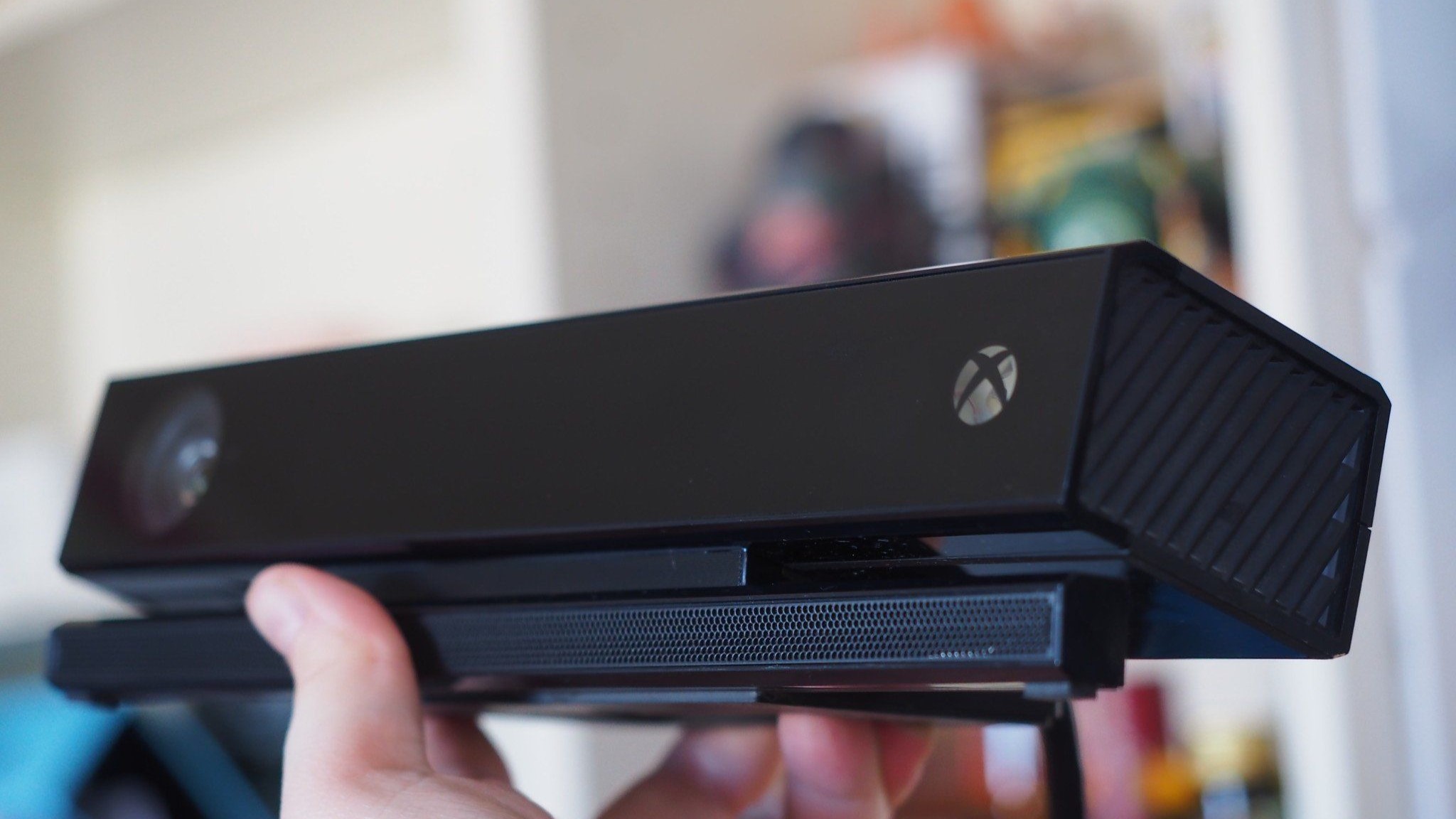If the Xbox Ally is a public beta test for the next-gen Xbox — Microsoft needs to start working with the community *today* to address feedback
The Xbox Insider Program isn't robust enough for the absolutely gargantuan effort ahead of Microsoft. Bringing Windows up to par with the Xbox console experience may be the platform team's biggest challenge yet.

All the latest news, reviews, and guides for Windows and Xbox diehards.
You are now subscribed
Your newsletter sign-up was successful
This week, Xbox lead Phil Spencer took to the airwaves to drop a big hint about the next-gen Xbox console.
Speaking to Famitsu, Xbox CEO Phil Spencer said that the Xbox Ally handheld is a glimpse into the future of the Xbox platform.
The Xbox Ally is, indeed, a PC gaming handheld, and not a traditional Xbox console. Indeed, it cannot run Xbox console games, instead relying on a combination of cloud streaming, remote play, and dual-entitlement console PC games in the Xbox Play Anywhere program.
Xbox Play Anywhere has been the best bridge so far in this universe, bringing across hundreds of high quality titles on a single cross-buy, cross-save structure. Microsoft has expanded the program aggressively, but it's not a substitute for true console hardware compatibility.
To that end, Microsoft announced over the summer that it is partnering with AMD for its next gen Xbox console ecosystem, emphasizing that the next Xbox will allow current users to retain access to their console game libraries. But, during this week's interview, Phil hinted heavily that the next Xbox will be – as many of us have been expecting – a PC in essence.
There are huge opportunities associated with this strategy, but also, devastating, perilous pitfalls if mismanaged.
The Xbox Ally is a beta test for the next-gen Xbox

It's effectively a foregone conclusion at this point. The next-gen Xbox will be a Windows PC at its core, while attempting to deliver an Xbox console-like experience not unlike what you have today. However, unlike today's Xbox Ally, the new chips from AMD will allow this new wave of devices to run your Xbox console games. On top, it will also be able to run stores like Steam, GOG, and Epic Games, bringing in games from PlayStation and others into one gaming-focused PC ideal for the living room. You might even be able to install things like Adobe Premier and Microsoft Office and do homework on it, if you fancy it.
All the latest news, reviews, and guides for Windows and Xbox diehards.
The problem is, the current iteration of that experience, on the Xbox Ally, is nowhere near where it needs to be. PC gamers hate Windows more than ever, and Xbox console users seem generally sceptical of being forced to become PC gamers, along with all the complexity that tends to follow it. But there's a huge opportunity here.
Microsoft has rarely taken such a deep interest in gaming, particularly when it comes to Windows. For all the bloatware Microsoft corporate has shoved into Windows over the years, it remains the most compatible operating system in history, giving you access to decades of content on a single platform. The downside is the overheads that come with all that code debt.
Windows is not as efficient as single-purpose operating systems, like the Xbox OS, or things like Steam OS. Which is probably why Xbox President Sarah Bond is warning the next-gen Xbox will be a "premium" device, likely to accommodate those aforementioned overheads.

If Microsoft gets this strategy right, it could be truly transformative, bringing benefits to both PC native gamers and Xbox gamers alike. If Microsoft gets it wrong, it could crater its entire platform.
I've been fielding questions from Xbox community members almost on a daily basis since the Xbox Ally launched. As someone who is well versed in the weirdness of Windows I almost instinctively work around all its idiosyncrasies, forgetting how needlessly unfriendly it can be to a new user. Microsoft's Xbox app Full Screen Experience has been an attempt to bridge that gap, but I still find myself having to exit out to the Desktop frequently to do certain things and access certain settings.
There's also a parade of other weird quirks that aren't typical of console gaming, whether it's graphics settings, power modes, or even more egregious platform support stuff. Death Stranding, for example, is broken on the Microsoft Store for PC, and neither 505 Games nor Kojima Productions seems to have any intention of fixing it. The Xbox PC app doesn't let users comment on news posts, nor upload screenshots or videos. There's no direct way to share gameplay clips to OneDrive, and setting the Capture folder as a backup target causes weird sync issues. I STILL see Windows Phone games in my library.
There are SO many small and large problems that there's far too many to list here, and you have to wonder just how much of them Microsoft is actively tracking. And I feel like that's a problem. We probably should know. Microsoft should be tracking feedback on this stuff, and it's hard to know these days if they are.
As someone who experienced the absolute clusterf-- that was the Windows 10 Mobile soft reboot, I implore Microsoft to start working directly with fans today to ensure this experience is polished up for its true landing strip.
The Xbox platform team's biggest ever challenge — and opportunity

During the Xbox One era, Microsoft had a UserVoice platform where players could submit and upvote feedback. Microsoft has its own platform for that these days, known as the Feedback Hub, but I rarely see Microsoft respond to any of the feedback posted in the gaming section.
I also rarely see new feedback posted there for gaming, either. Microsoft doesn't really promote it as a destination for gathering feedback like they did during the UserVoice era, back when Microsoft was aggressively seeking fan comments during its "New Xbox One Experience" era.
The Xbox Insider Program is supposed to be the platform where this kinda stuff is handled, but it seems relatively light touch these days. The Xbox Insider Program blog is very rarely updated, and Microsoft is incredibly opaque with its roadmaps, and relatively slow with its updates.
Windows is a huge behemoth, used by literal billions of people. Microsoft has a huge operation for ensuring that it remains functional for consumers, businesses, and even governments that depend on it. The problem is that its complexity has historically made it difficult for Microsoft to react to emerging trends and address feedback in a granular way.
Microsoft should treat this opportunity like a live service game — we need roadmaps, we need old school Windows Insider Program-style Q&A live streams, and we need to see feedback being directly addressed.
The Xbox app being an "app" should make it easier for Microsoft to improve the front end experience, but the various oddities of Windows as a platform is ultimately what Microsoft may struggle to overcome here, and therein lies the biggest challenge.
Microsoft has said that Xbox and Windows are working more closely together than ever to improve the gaming experience on the platform. But there's a pillar missing here. Users need to be involved too — more heavily than ever.
Microsoft needs community managers that will listen to and frequently address feedback directly. Microsoft should treat this opportunity like a live service game — we need roadmaps, we need old school Windows Insider Program-style Q&A live streams, and we need to see feedback being directly addressed on social media platforms and in places like reddit.
There's an avalanche of nuance that needs to be addressed to improve Windows for gaming in general. But the challenge to bridge the Xbox console-style TV-sofa-controller-casual experience with the openness and complexity of Windows will be huge. Microsoft can't do it alone.
If Microsoft is truly serious about gaming as it says, re-engaging the community directly to solve the biggest complaints about the Xbox PC and Windows gaming experiences all up would be a great first step.

Follow Windows Central on Google News to keep our latest news, insights, and features at the top of your feeds!

Jez Corden is the Executive Editor at Windows Central, focusing primarily on all things Xbox and gaming. Jez is known for breaking exclusive news and analysis as relates to the Microsoft ecosystem — while being powered by tea. Follow on X.com/JezCorden and tune in to the XB2 Podcast, all about, you guessed it, Xbox!
You must confirm your public display name before commenting
Please logout and then login again, you will then be prompted to enter your display name.
